
Photo: Plato Terentev

Photo: Plato Terentev
This page is more than one year old.
It's often said that, after decades of research, paranormal investigators have yet to definitively prove the existence of ghosts. It can equally be claimed that skeptics haven't yet managed to prove ghosts don't exist. If skeptics are so sure that the spirits of the dead aren't haunting the living, then why can't they prove they don't exist?
At the heart of this issue is the concept of proving a negative. In scientific terms, proving something does not exist is notoriously difficult, if not impossible. This is largely because science relies on empirical evidence and reproducible results to establish facts. Consider, for example, the claim that "there are no white crows." To prove this statement, you would need to check every crow in existence to confirm that none are white. Since it's impractical to check every crow, the statement cannot be conclusively proven.
Some skeptics argue that the lack of concrete evidence supporting the existence of ghosts is itself proof that they do not exist. However, this argument overlooks the fact that the absence of evidence is not evidence of absence. In other words, just because we have not proven that ghosts exist does not mean they do not exist. Imagine you've lost your keys. Just because you haven't found them yet doesn't mean they've vanished from existence. They're somewhere, just not yet discovered.
Similarly, just because we have not proven ghosts exist does not mean they do not exist. Over time, many things once thought to be non-existent or unexplainable have eventually been understood within a scientific framework, suggesting that our current understanding of the world is not complete.
Another point to consider is the subjective nature of personal experiences. Many people report encounters with the paranormal that are entirely real to them. While these anecdotal accounts do not constitute scientific proof, they can't be easily dismissed either. If someone firmly believes that they have had a paranormal experience, it's very hard to take that experience away from them, no matter what the cause of the experience.
The other thing to remember is that skeptics don't need to prove ghosts don't exist. As we've already said, proving a negative is pretty much impossible, but it should be the responsibility of those making a claim to prove it, not those that are disputing it to disprove it. Imagine your friend claiming they have an invisible glass donkey living in their house. According to the principles of rational argument, it's not your responsibility to prove that there is no invisible glass donkey. Instead, it's up to your friend making the claim to provide evidence that the invisible glass donkey exists.
This principle is rooted in the scientific method and logical reasoning, where the burden of proof lies with the person making a claim. In other words, if someone states that ghosts exist, it is up to them to provide credible evidence to back up their claim. It ensures that beliefs are grounded in evidence rather than being based on the absence of disproof.
However, many who believe in ghosts argue that their existence could be beyond the current scope of scientific understanding or that they manifest in ways that are not easily captured by standard scientific methods.
Even if skeptics can't prove ghosts don't exist, their role in the field of paranormal research is important. Skeptics bring a necessary level of scrutiny to investigations, which helps ensure that claims are thoroughly examined and that evidence is held to a high standard. This process of attempting to disprove claims is an essential part of scientific inquiry. It helps to filter out false positives, misinterpretations, and hoaxes, which are not uncommon in paranormal research.
Debunking is not about discrediting believers or discounting experiences, but about seeking the truth and ensuring we understand the real causes behind reported phenomena. For example, a skeptic might identify natural or mundane causes for what might initially appear to be paranormal activity.
A critical eye actually helps make the evidence provided by investigators more robust. By challenging claims and testing the evidence, skeptics help to ensure that if paranormal phenomena are genuinely identified, the evidence is undeniable.
Learn With Higgypop
Hosted by Paralearning in association with Higgypop, these courses on ghost hunting, paranormal investigations, and occult practices draw on the experience of our team of paranormal writers.
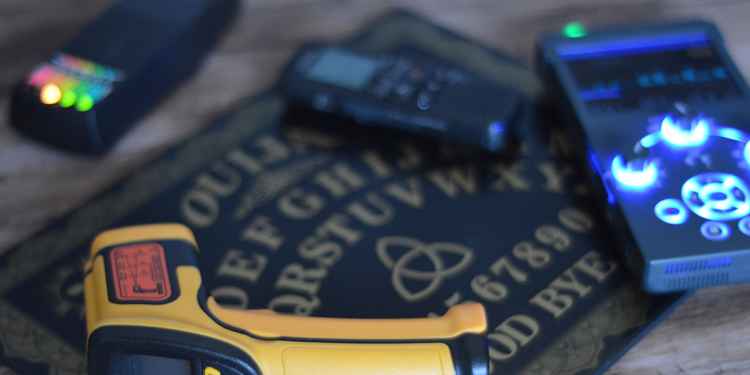
Diploma In Practical Ghost Hunting & Scientific Analysis
This course gives you practical and useful knowledge of ghost hunting and paranormal research, which is invaluable when conducting your own paranormal investigations or as part of a group event.
View Course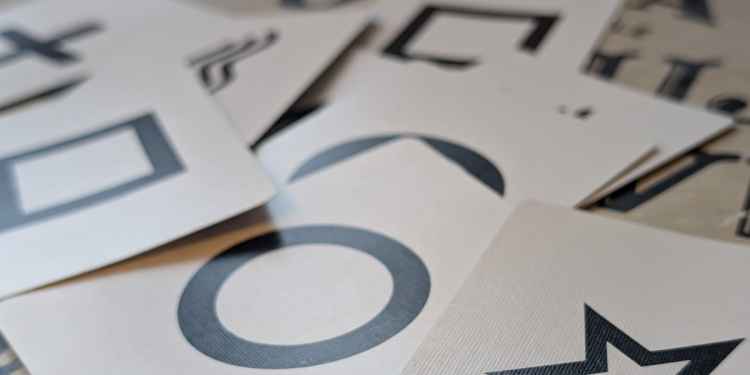
Diploma In Parapsychology & Psychic Phenomena
This course gives you practical and useful knowledge of ghost hunting and paranormal research, which is invaluable when conducting your own paranormal investigations or as part of a group event.
View CourseMore Like This
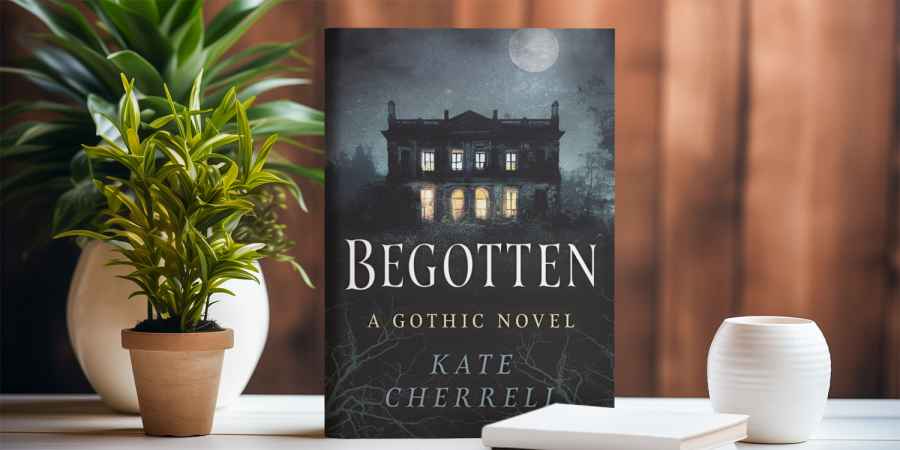
Kate CherrellApril 14, 2025
Kate Cherrell's Debut Gothic Horror Novel 'Begotten' Arrives This May
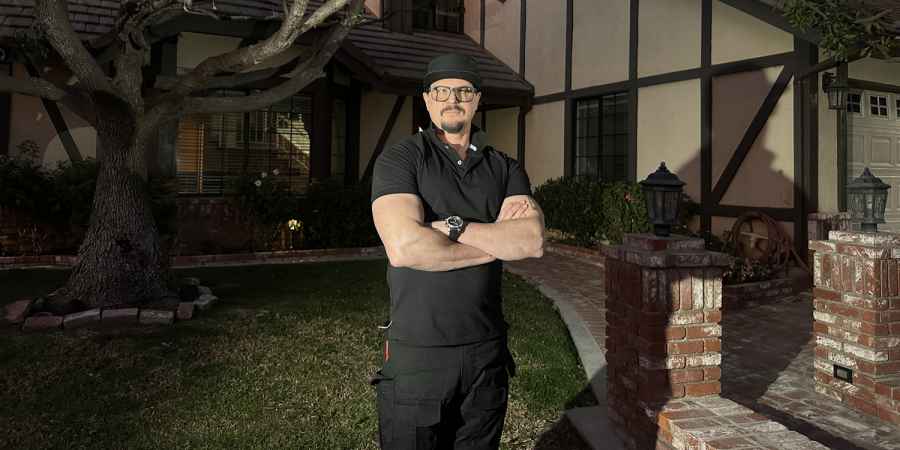
Ghost AdventuresApril 13, 2025
Watch A Sneak Peek Of The New Season Of 'Ghost Adventures'
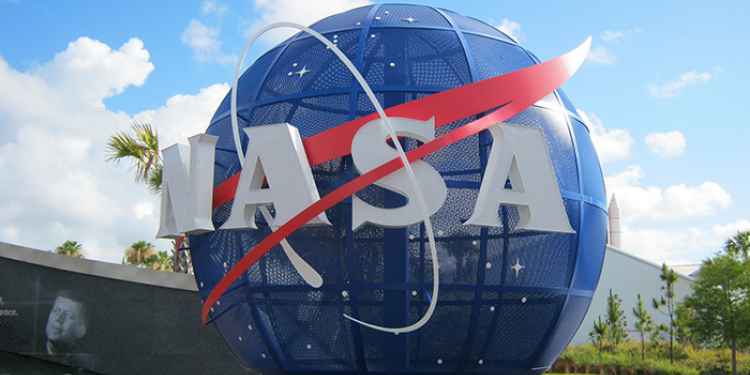
UfosApril 12, 2025
What Do Astronauts Say About UFOs?
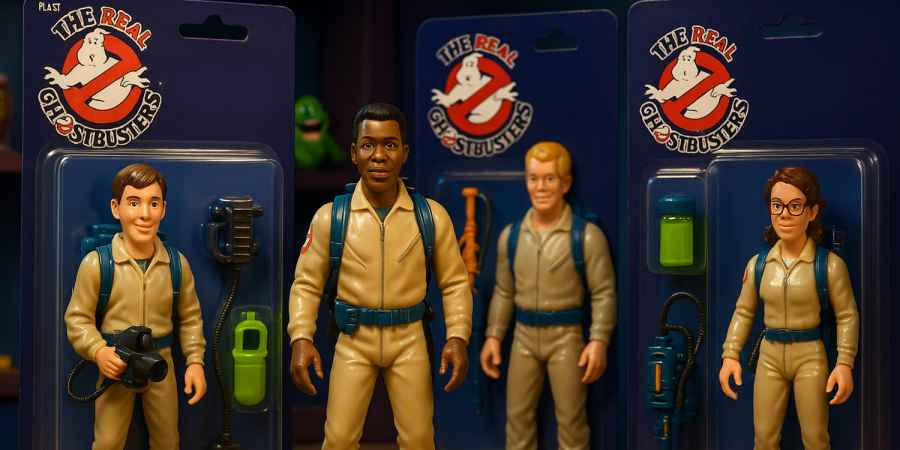
GhostbustersApril 11, 2025
How To Make Your Own 'Ghostbusters' Action Figure Using AI
 See More on Audible
See More on Audible
Comments
Want To Join The Conversation?
Sign in or create an account to leave a comment.
Sign In
Create Account
Account Settings
Be the first to comment.